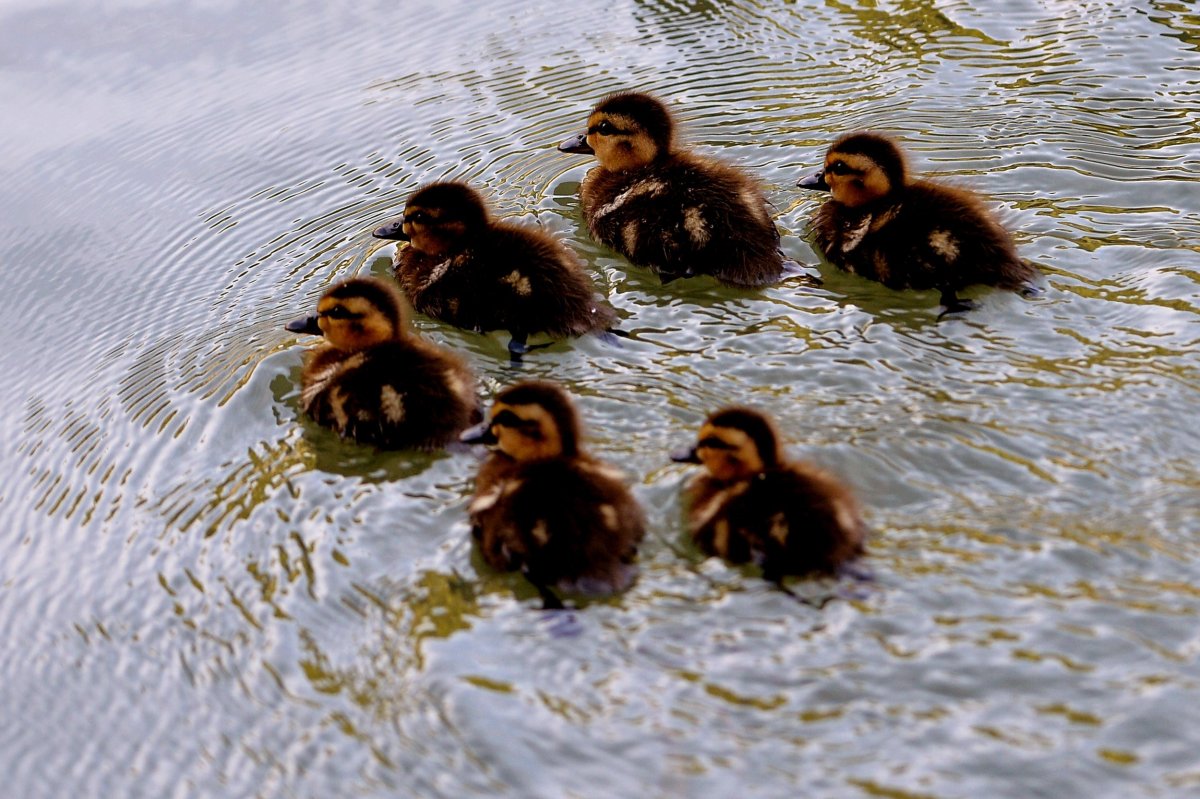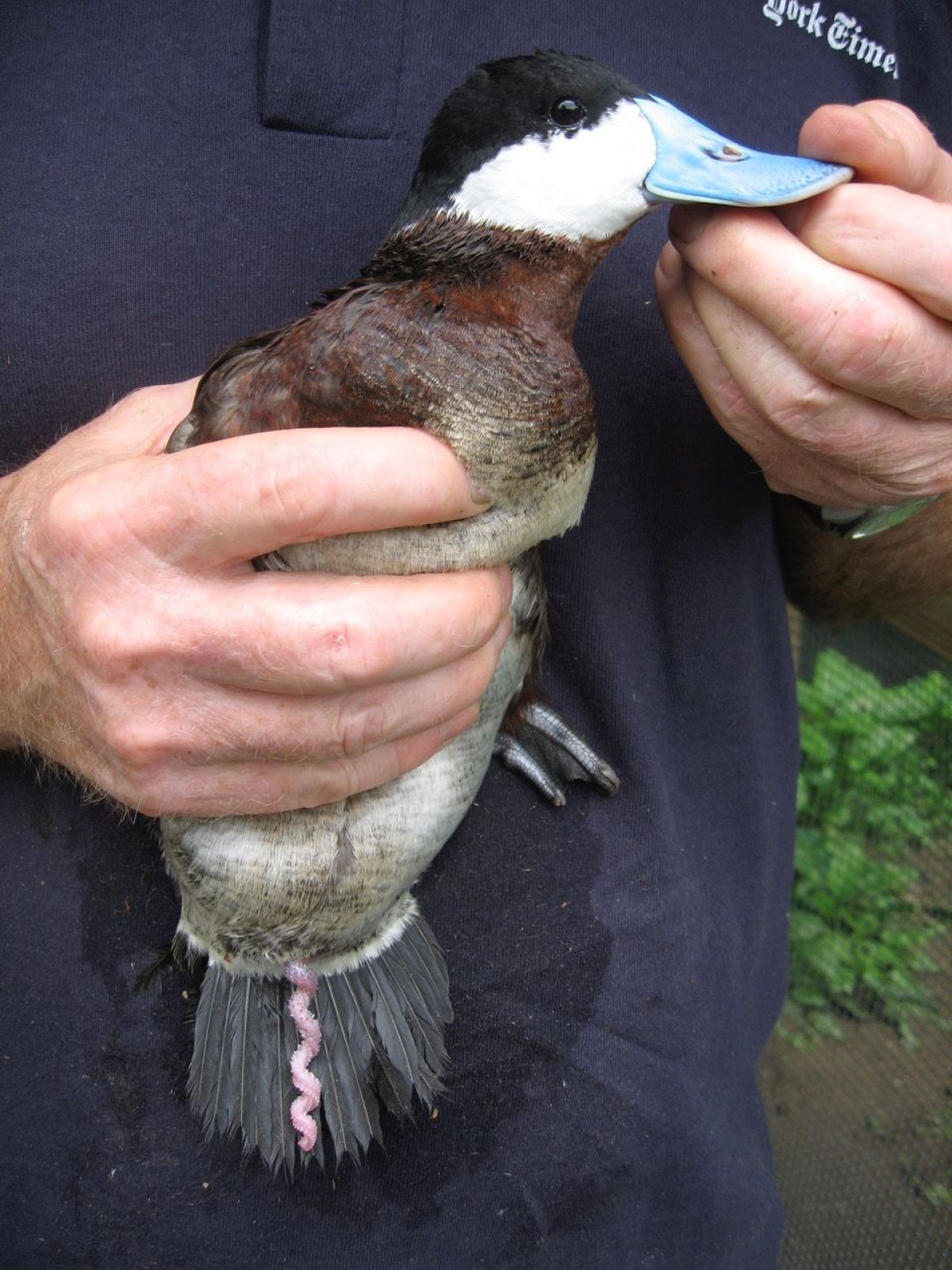Depending on what corners of the internet you frequent, you may have heard about the horrific corkscrew penises ducks use to solicit often nonconsensual sex. If you've never stopped to wonder about the reproductive habits of this barnyard classic, maybe take a moment to sit down and kiss your blissfully innocent mental image of the bird goodbye, because, that's right, horrific corkscrew penises. And a new study offers further revelation about the how ducks use this organ to their advantage.

Certain species of ducks' penises become longer when the birds are fighting with other males to catch a female's eye. That's according to a paper published today in the journal The Auk.
The team of researchers, from Mount Holyoke College and other institutions, wanted to study the penises of ducks with different mating styles to see if there were any apparent consequences. So they called up a nearby waterfowl conservancy and asked to organize the birds' roommate situations.
They looked at two different species of duck. Lesser scaups, which choose a mate early in the season (although lonely males still weasel their way into the occasional mating attempt) and list "nonaggressive and sociable" in their dating profile description.
Ruddy ducks, by contrast, aren't very good at commitment: Their idea of a pair bond lasts a few days. The males fight with each other throughout the mating season and aren't particularly gentle with mates either. However, they do sport handsome baby blue bills. They also wield long penises (which, nightmare alert, are armed with hooks containing keratin, the same protein in your skin, hair, and fingernails).

For each species, the researchers arranged two rooming situations. In one, male and female birds got to live in pairs, and in the other, individual females were bunked with pairs or triplets of males. Then they measured penis lengths over the course of two breeding seasons.
Even under the calmest of living conditions, the organs grow and shrink as mating season begins and ends. But in the pair-oriented lesser scaups, males forced to bunk with each other grew longer penises than males left unchallenged.
In the more aggressive ruddy ducks, the researchers saw something weirder: Many of the males didn't actually start growing penises until their second year in the study—and when they did, they seemed to take turns, with each male being reproductively ready in different short windows during the breeding season. That could be because they're subordinate males trying to mate on the fly, according to National Geographic.
The scientists didn't look at what could be causing these physiological changes, and it's also unclear whether either adaptation—longer penises in lesser scaups or out-of-sync breeding in ruddy ducks—actually betters a bird's chances of passing on his genes.
Obviously the question on many minds is: How challenging is it to measure a duck's penis? The answer is not very. According to the paper, the ducks were pretty laid back about the whole exercise. "Males grew accustomed to this manipulation and penis eversion was achieved quickly once the birds were in hand." The secret, it turns out, is knowing where on its stomach to press.
If you're now wondering what other nightmares birds are hiding from you, there's a little good news on this front: A whopping 97 percent of feathered gents don't even have penises (science code name, for all your cocktail party conversation needs: intromittent organs). So really, ducks and their monstrous penises are just balancing out their underendowed relatives.
Uncommon Knowledge
Newsweek is committed to challenging conventional wisdom and finding connections in the search for common ground.
Newsweek is committed to challenging conventional wisdom and finding connections in the search for common ground.
About the writer
Meghan Bartels is a science journalist based in New York City who covers the science happening on the surface of ... Read more
To read how Newsweek uses AI as a newsroom tool, Click here.








